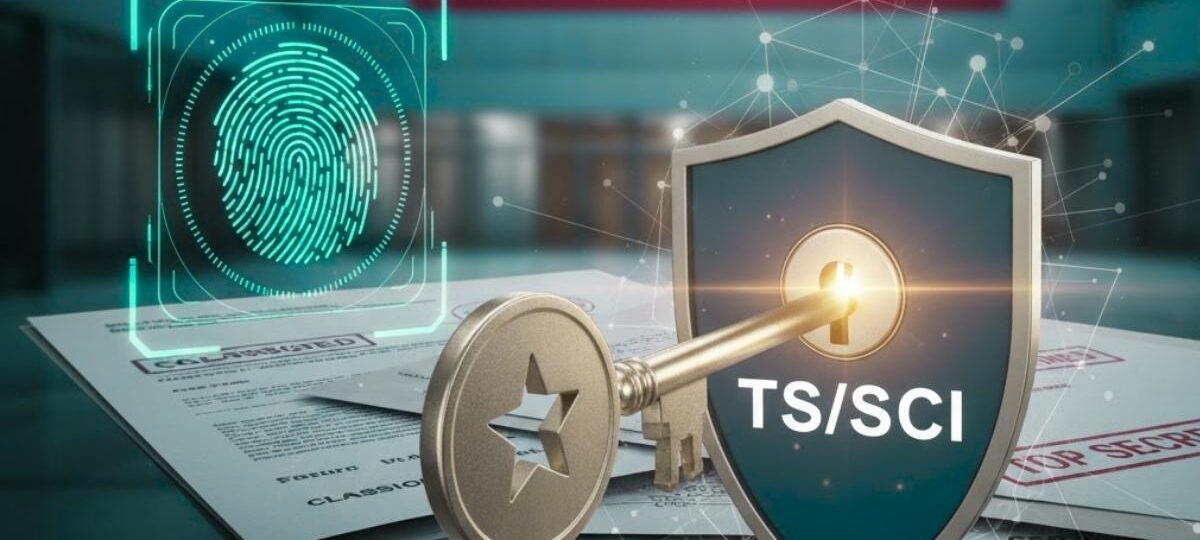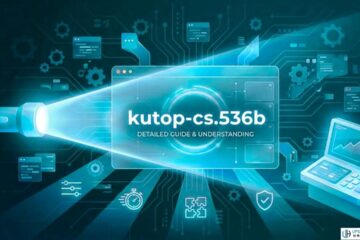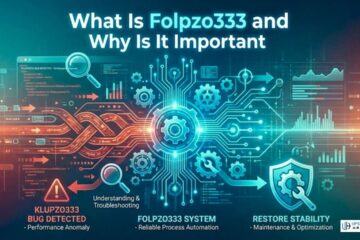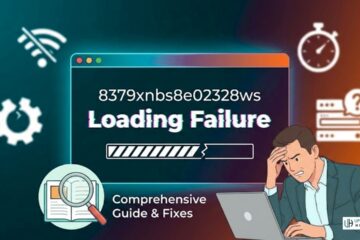Accessing the United States Government’s Classified Information and Sensitive Compartmented Information (SCI) is a privilege. It is not a right. This eligibility is granted only after a rigorous vetting process. It confirms an individual’s trustworthiness and loyalty to the U.S.
The entire process ensures that a person’s access is clearly consistent with the national interest. It starts with sponsorship and ends with continuous oversight.
The Foundation: Security Clearance Levels
Classified Information is official government material that, if disclosed without authorization, could cause damage to national security. There are three main classification levels:
- Confidential (C): Could cause damage to national security.
- Secret (S): Could cause serious damage to national security.
- Top Secret (TS): Could cause exceptionally grave damage to national security.
Each higher level requires a more in-depth background investigation.
Step 1: Sponsorship and the SF-86
You cannot apply for a security clearance on your own. You must be sponsored by a government agency or a cleared contractor. This only happens if you are in a position that requires access to classified information.
The process begins with accepting a conditional offer of employment. Then, the applicant must complete the Standard Form 86 (SF-86), known as the Questionnaire for National Security Positions.
The SF-86 is a comprehensive document. It demands years of detailed information about your:
- Personal history (residence, education, employment).
- Foreign contacts and travel.
- Financial stability (debts, bankruptcy, financial delinquencies).
- Criminal and conduct history.
- Illegal drug involvement and certain mental health treatments.
Accuracy is paramount. Withholding, misrepresenting, or falsifying information can result in denial of access or even criminal prosecution.
The Investigation & Adjudication Process
Step 2: The Background Investigation
A government investigative service, such as the Defense Counterintelligence and Security Agency (DCSA), conducts the Personnel Security Investigation (PSI). The investigation’s scope depends on the required clearance level.
For a Top Secret clearance, a Single Scope Background Investigation (SSBI) is typically required. This is highly thorough. Investigators conduct checks of:
- Law enforcement records and court records.
- Credit reports and financial records.
- Interviews with the applicant.
- Interviews with friends, neighbors, co-workers, and former supervisors. These interviews verify information and assess the applicant’s character and judgment.
This comprehensive review uses a whole-person concept. It assesses both favorable and unfavorable information to determine overall eligibility.
Step 3: The Adjudication
After the investigation, the report goes to an Adjudication Facility. Adjudication is the final, critical decision step. The adjudicator applies the National Security Adjudicative Guidelines (SEAD 4).
These guidelines consist of various adjudicative factors (e.g., Foreign Influence, Personal Conduct, Financial Considerations). The goal is to determine if any potential risk to national security is manageable and acceptable.
An unfavorable determination means the clearance is denied. A favorable decision grants eligibility for access to classified information at the determined level.
The Higher Bar: Sensitive Compartmented Information (SCI)
SCI Access is Not a Clearance Level
Sensitive Compartmented Information (SCI) is not a higher classification level like “Top Secret.” It is information concerning or derived from sensitive intelligence sources and methods.
Access to SCI requires an eligibility determination in addition to a security clearance. It is a formal control system established by the Director of National Intelligence (DNI).
The required clearance for SCI eligibility is almost always Top Secret. Therefore, the designation is often referred to as TS/SCI.
Achieving TS/SCI Eligibility
To get TS/SCI eligibility, the applicant must typically:
- Be granted a Top Secret clearance (based on an SSBI).
- Be nominated for an SCI-billet (a position requiring SCI access).
- Be approved by the government agency controlling the information.
Some Intelligence Community positions require an additional investigative step. This can include a Polygraph Examination, often a Counterintelligence-Scope Polygraph (CI Poly).
SCI Compartmentation and “Need-to-Know”
Even with TS/SCI eligibility, a person only gets access to the specific categories or compartments of SCI they are authorized for. This is strictly managed by the “need-to-know” principle.
SCI material must be processed, stored, and discussed within strictly controlled areas. These are called Sensitive Compartmented Information Facilities (SCIFs). SCIFs have stringent physical and technical security standards.
The final step for SCI access is being “read in” or indoctrinated. The individual signs an SCI Nondisclosure Agreement (NdS), legally agreeing to protect the material for life.
Maintaining the Trust: Continuing Requirements
Continuous Evaluation (CE)
The security environment has shifted from periodic five-year or ten-year reinvestigations to Continuous Evaluation (CE). CE is a modern security reform.
CE involves automated record checks that run constantly against various national databases. These checks flag potential security concerns as soon as they arise. This ensures that clearance holders maintain ongoing eligibility at all times.
Mandatory Reporting
Clearance holders have a lifelong security responsibility. They must promptly report certain changes or events to their Security Officer. Key reportable items include:
- Any arrests or criminal charges.
- Significant financial instability.
- Marriage or cohabitation with a foreign national.
- All foreign travel, even for personal vacations.
Failing to report such events can lead to the revocation or suspension of a clearance. The key is to be honest and transparent about all life events that could potentially create a vulnerability.
Conclusion: The Gatekeeper of Secrets
The requirements for SCI Access and Classified Information are based on the premise of unquestioned loyalty and integrity. The process is lengthy, intrusive, and demanding. However, it is essential. It serves as the nation’s gatekeeper, ensuring that the country’s most vital secrets remain protected by only the most trusted individuals.
See Also: Jailbreaking: An Ultimate Guide to Unlocking Your Device










